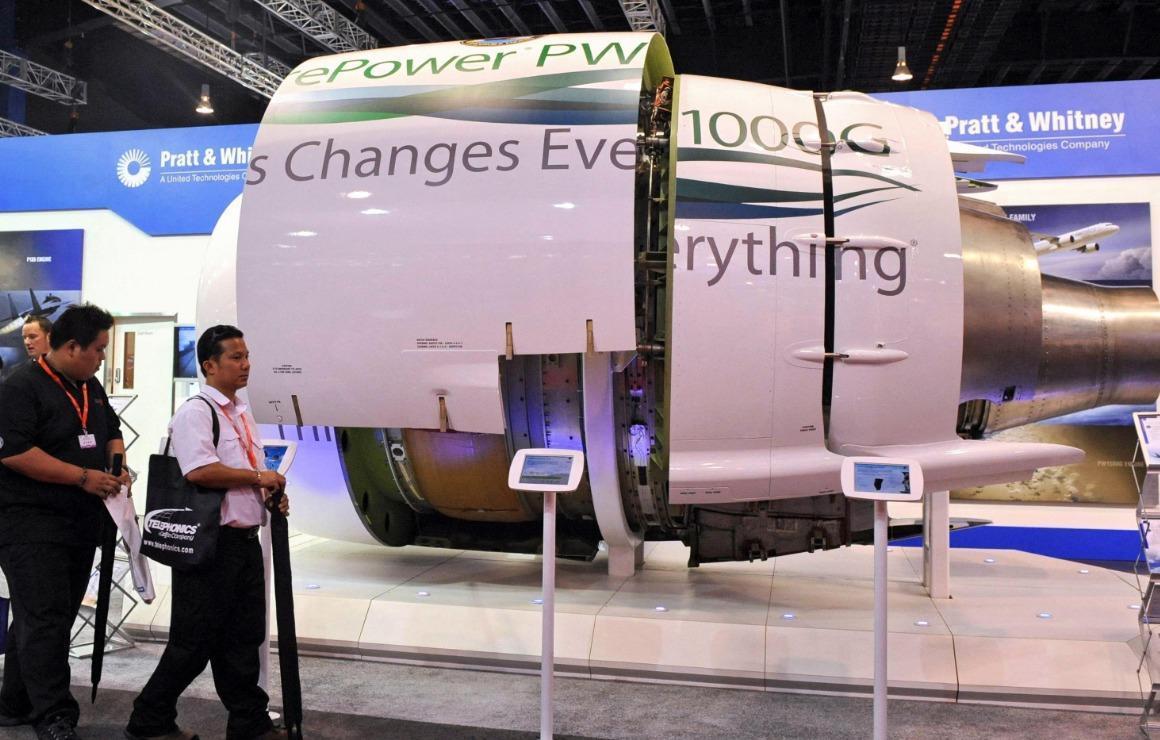Pratt & Whitney engine issue adds to airline challenges
NEW YORK

Commercial airlines have faced a tricky balancing act this summer, ramping up service to meet torrid travel demand in a period of labor shortages and supply chain constraints.
Adding to the challenges: new inspections needed on a class of Airbus planes that may suffer from microscopic "contamination" of metals used to manufacture Pratt & Whitney engines.
Pratt & Whitney's parent company, RTX, formerly Raytheon, announced on July 25 that a "significant portion" of the Airbus A320neo fleet will "require accelerated removals and inspections within the next nine to 12 months."
Company officials described the issue as one of quality control, stressing that there is no immediate risk to flight safety. They blamed a "rare condition in powder metal used to manufacture certain engine parts."
The defect could affect 1,200 Pratt engines made between late 2015 and mid-2021. In total, the company has produced 3,000 of the engines.
"We're aware of the issue," Airbus said, "and we will be working with Pratt & Whitney and our customers to implement all required inspection plans."
But more than two weeks after the original announcement by RTX, airlines are still grasping for details on the inspections, as they work in an already stressed operating environment.
RTX said it will begin inspecting 200 jets by mid-September. It did not say how long the inspections would require.
"The duration of the grounding will depend on having enough maintenance people, and there aren't many right now," said Michel Merluzeau of AIR consultancy.
















